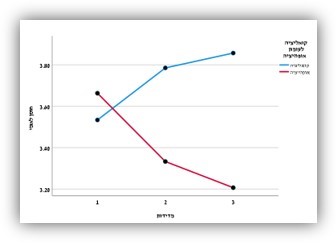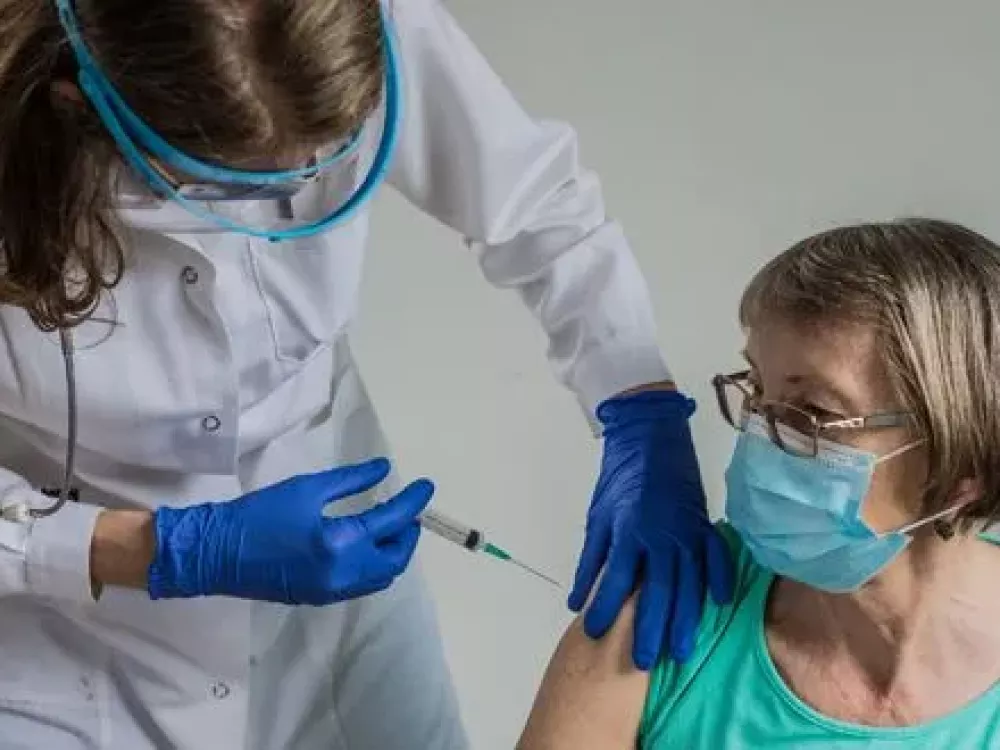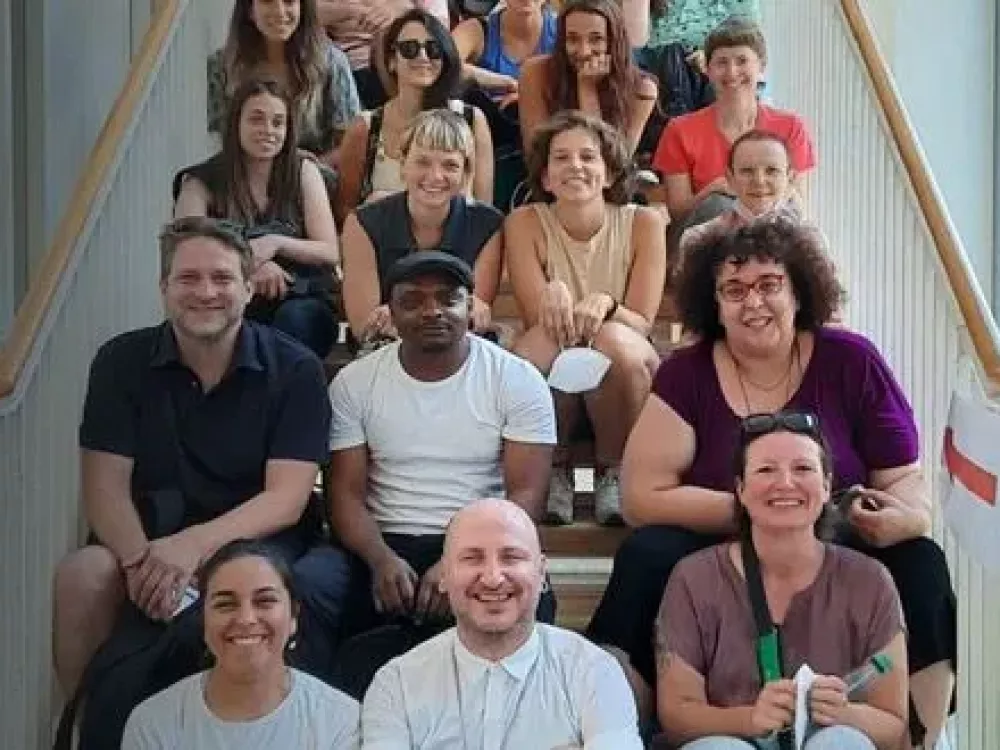
Impact of the Constitutional Overhaul on National Resilience in Israel
Rise in national resilience of coalition supporters vs. steep decline among supporters of the opposition.
A joint study by researchers from Tel Aviv University and the Tel-Hai Academic College demonstrates scientifically what we have all noted in the media, in the social networks, and in the streets: while the national resilience of coalition supporters has risen significantly over the past year (from 3.5 to 3.9 on a scale of 1-6), the opposite is true for supporters of the opposition, who exhibited a steep decline in the index of national resilience (from 3.7 in October 2022 to 3.2 in August 2023).
The study was led by Prof. Shaul Kimhi, Prof. Bruria Adini, Dr. Maya Siman-Tov, and Arielle Kaim from the Department of Emergency and Disaster Management, School of Public Health, at Tel Aviv University, and Prof. Yohanan Eshel and Dr. Hadas Marciano from the Tel-Hai College and the University of Haifa.
The researchers explain that the study is based on three surveys within the same sample of Jewish Israelis (N=785): the first a short time before the last elections (October 2022), the second in February 2023, about three and a half months after the elections, in the midst of the constitutional overhaul, and the third at the beginning of August 2023. The study examined a range of parameters related to resilience, stress, and well-being: national resilience, personal resilience, hope, morale, distress symptoms, and sense of danger. Average national resilience scores among supporters of the current coalition indicate a statistically significant rise from 3.53 in the first survey to 3.85 in the third, while supporters of the present opposition showed a significant decline from 3.66 in the first to 3.20 in the third measurement. It should be noted that in the first survey supporters of the current opposition (who were then supporters of the ruling government) reported significantly higher national resilience compared to coalition supporters.

Illustration: Comparison between coalition and opposition supporters through 3 assessments of national resilience:
In the parameter of hope for a better future, the study indicates no statistically significant change in the average score of the whole sample between the first (3.53) and second (3.52) surveys. In the third survey, however, a steep decline was observed in the overall score – down to 3.17. At the same time, findings indicate a large gap between opposition and coalition supporters: while coalition supporters maintained a relatively high level of hope in all three surveys (3.6), hope among supporters of the opposition dropped from 3.4 to 2.8 (measured on a scale of 1-5).
“The findings arouse deep concern for our ability to deal with the multitude of threats facing us and pose a danger to our existence as a healthy and cohesive society”.
The parameter of personal resilience further demonstrates the impact of the constitutional overhaul on the Israeli public. The study’s findings indicate a sharp decline in the overall score through all three surveys – from 3.9 to 3.5 (scale of 1-5). This substantial decline in personal resilience levels was observed in both groups (coalition and opposition supporters), with no significant difference throughout the three surveys. In other words, all participants reported a decrease in their personal resilience.
As to the sense of danger parameter, as expected, supporters of the opposition reported that they felt a real threat to themselves and to the state, and their apprehension was expressed in a sharp rise (from 2.3 to 2.9). Coalition supporters, on the other hand, felt much safer, and this was expressed in a decrease (from 2.6 to 2.1) on a scale of 1-5.
From their findings, the researchers conclude that since the elections of November 2022, the gap between the two groups representing Israel’s Jewish population – coalition and opposition supporters – has increased constantly. In all parameters measured in the study it is apparent that following the elections and ensuing events, supporters of the opposition reported a significant drop in resilience measures – national resilience, personal resilience, hope for a better future, and morale, coupled with a rise in distress symptoms and the sense of danger. In addition, findings indicate that following the elections, the gap between the two groups has deepened, which leads to further exacerbation of the severe political/social crisis in which Israel finds itself today.
Prof. Bruria Adini added: “Studies have shown that the national (societal) resilience index is a good predictor of a society’s capacity to withstand varied crises. The current study presents rapidly growing rifts and a continually decreasing level of resilience in Israeli society. The findings arouse deep concern for our ability to deal with the multitude of threats facing us, and pose a danger to our existence as a healthy and cohesive society”.
Related posts



Tel Aviv University Introduces Tuition-Free Teaching Certificate Program



Tel Aviv University Honors Nine Remarkable Individuals with Honorary Degrees



